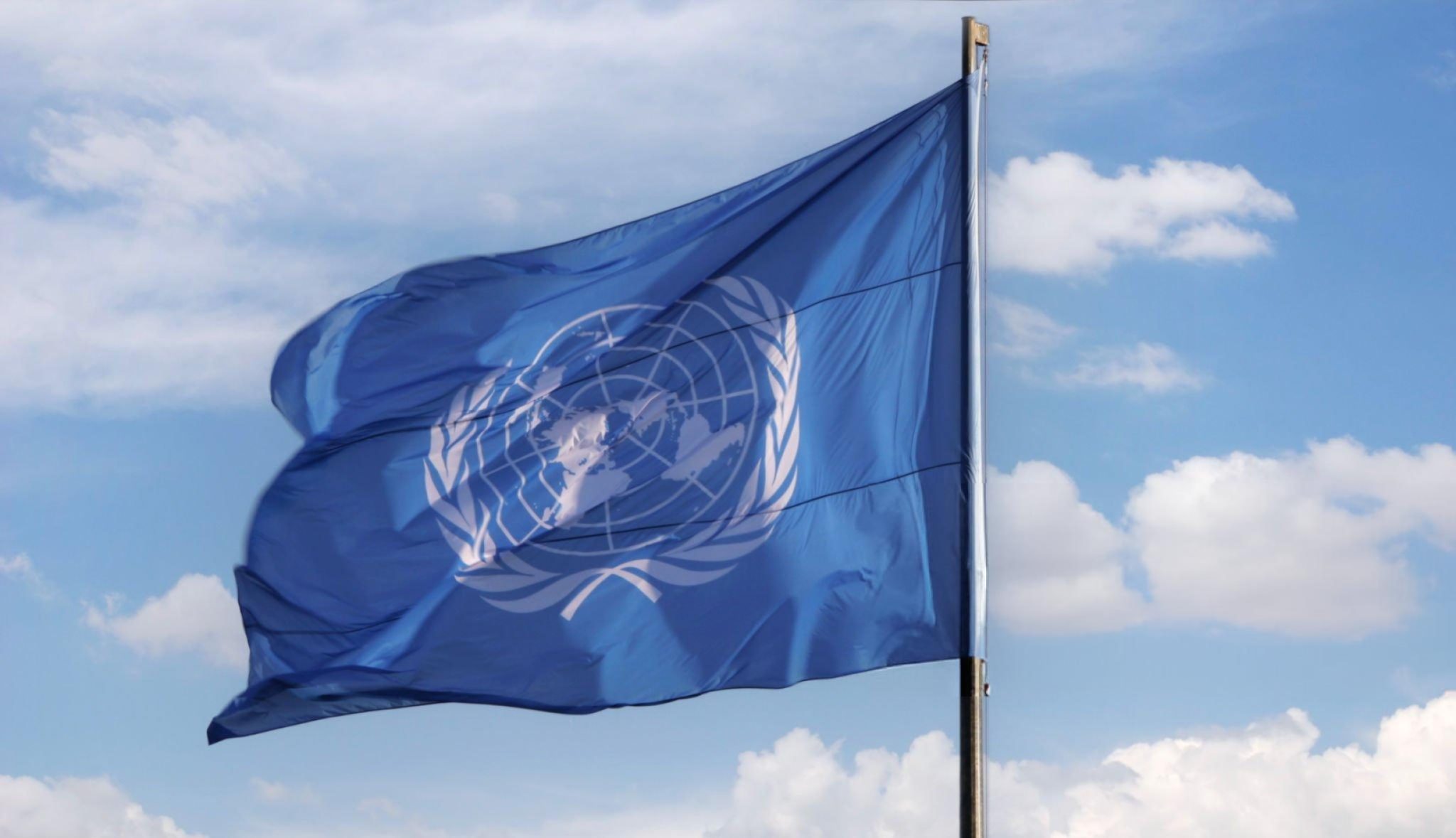The United Nations has issued a strong plea to Iran to cease all executions following a sharp rise in the number of people facing the death penalty. U.N. High Commissioner for Human Rights Volker Türk expressed grave concern on Tuesday, describing the situation as “deeply disturbing” and urging immediate action.
“It is high time Iran stemmed this ever-swelling tide of executions,” Türk stated, highlighting that at least 901 individuals were executed in 2024.
Alarming statistics
The U.N. human rights office reported that the 2024 execution figures mark a grim increase compared to the 853 recorded in 2023. Spokesperson Liz Throssell revealed that 40 people were executed in a single week in December 2024 alone.
The total of 901 executions for 2024 approaches Iran’s record of 972 executions in 2015, underscoring a troubling resurgence after numbers had declined in subsequent years.
Throssell emphasised that the majority of these executions were linked to drug-related offences. However, executions also targeted dissidents and individuals involved in the 2022 nationwide protests, which erupted following the death of Mahsa Amini.
Protests and repression
The protests were triggered by Amini’s death while in custody of the so-called morality police for allegedly violating hijab regulations. The International Fact-Finding Mission on Iran reported that 551 deaths occurred during the unrest, including 49 women and 68 children.
The U.N. also highlighted a disturbing rise in the execution of women, with at least 31 women executed in 2024. Throssell noted that many of these women were victims of domestic violence, child marriage, or forced marriage, and were convicted of murdering their husbands.
“This marks the highest number of women executed in 15 years,” she said. “The majority were hanged, reflecting the grim reality of Iran’s justice system.”
Concerns over judicial fairness
Throssell voiced significant concerns about the fairness of trials in Iran, citing a lack of transparency within the judicial system. “People may have lawyers, but it is difficult to determine how free and fair a particular trial may be,” she said.
The opacity surrounding sentencing and the implementation of the death penalty exacerbates the situation, leaving many on death row without clarity or recourse.
Calls for reform
Türk urged Iranian authorities to impose an immediate moratorium on executions, calling the death penalty incompatible with the right to life. “We oppose the death penalty under all circumstances,” he said. “It raises the unacceptable risk of executing innocent people.”
He stressed that international standards only permit the death penalty for the “most serious crimes” — those involving extreme gravity and intentional killing — and require clear, convincing evidence of guilt.
Türk reiterated that no death penalty should be imposed for conduct protected under international human rights law, urging Iran to take decisive steps towards abolishing it entirely.
International response
The U.N.’s plea reflects growing international condemnation of Iran’s escalating use of capital punishment. Human rights organisations have also criticised the country’s justice system for its lack of transparency and disregard for due process.
The U.N. hopes its call for reform will prompt Iranian authorities to reconsider their stance on the death penalty, fostering greater respect for human rights and justice.
As executions in Iran continue to rise at an alarming rate, the international community remains united in urging Tehran to halt this deeply troubling trend.







